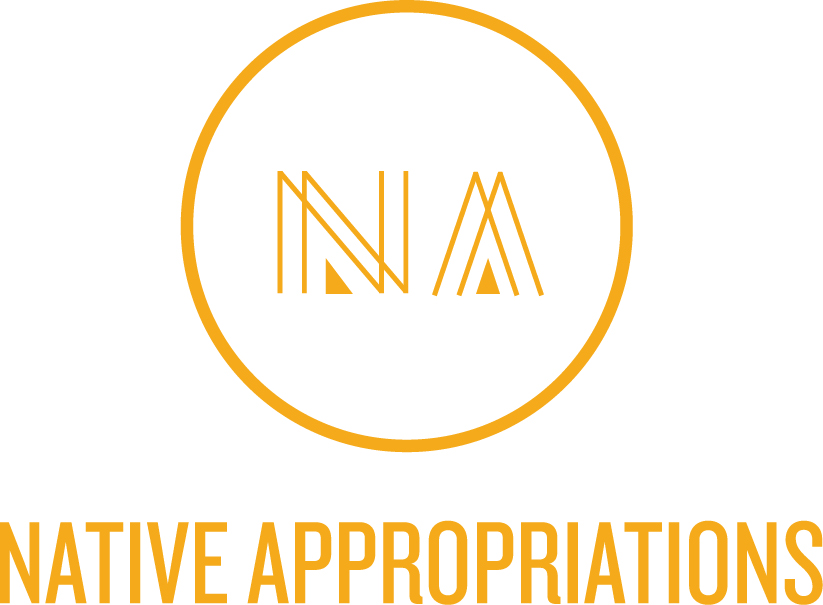“Twilight” has made all things Quileute wildly popular: Nordstrom.com sells items from Quileute hoodies to charms bearing a supposed Quileute werewolf tattoo. And a tour company hauls busloads of fans onto the Quileute reservation daily. Yet the tribe has received no payment for this commercial activity. Meanwhile, half of Quileute families still live in poverty.
…the outside uses of the Quileute name, from the “Twilight” books to the tattoo jewelry, are quite likely legal. American intellectual property laws, except in very specific circumstances, do not protect indigenous peoples’ collective cultural property.
The Quileute’s Web site tells visitors about the tribal laws that govern Quileute territory. One of these laws specifies that burial grounds and religious ceremonies are “sacred and not to be entered.” Had MSN acknowledged the tribe as a sovereign government, it might not have broken that rule. The Quileute believe that respect for Indian tribal sovereignty could likewise bridge cultural gaps between other Indian communities and outsiders.
I agree with Riley that meeting with Quileute leaders and community members and involving them with the marketing process is an important first step. I see this community as setting the stage for Natives taking control of intellectual property and turning the tables of negative portrayals back into something that can ultimately benefit the community.
The Quileute are a small tribe on a small reservation that have been thrust into the national and international spotlight, and not by choice. However, I hope that with the help of scholars and lawyers like Angela Riley, the tribe can use the publicity to bring light to issues within their own community and perhaps these larger issues of cultural property and representation within Indian Country.
Finally, the piece ends with a quote that I think encapsulates my entire thinking with this blog:
The ultimate choice, regarding not only the Quileute but all indigenous peoples, is not simply whether outsiders are free to appropriate tribal cultural property. For the sake of fairness as much as law, indigenous peoples must play a significant role in decisions regarding their cultural property.
It’s not just about the right to appropriate, it’s about control over portrayals of our people and our communities. Native people deserve a voice at table.
The whole OpEd (read it!): http://www.nytimes.com/2010/02/08/opinion/08riley.html


Comments
Via the Quileute Nation website (http://www.quileutenation.org, there is a link for a store that is run by them for Quileute merchandise. http://www.twilight-quileute.com/